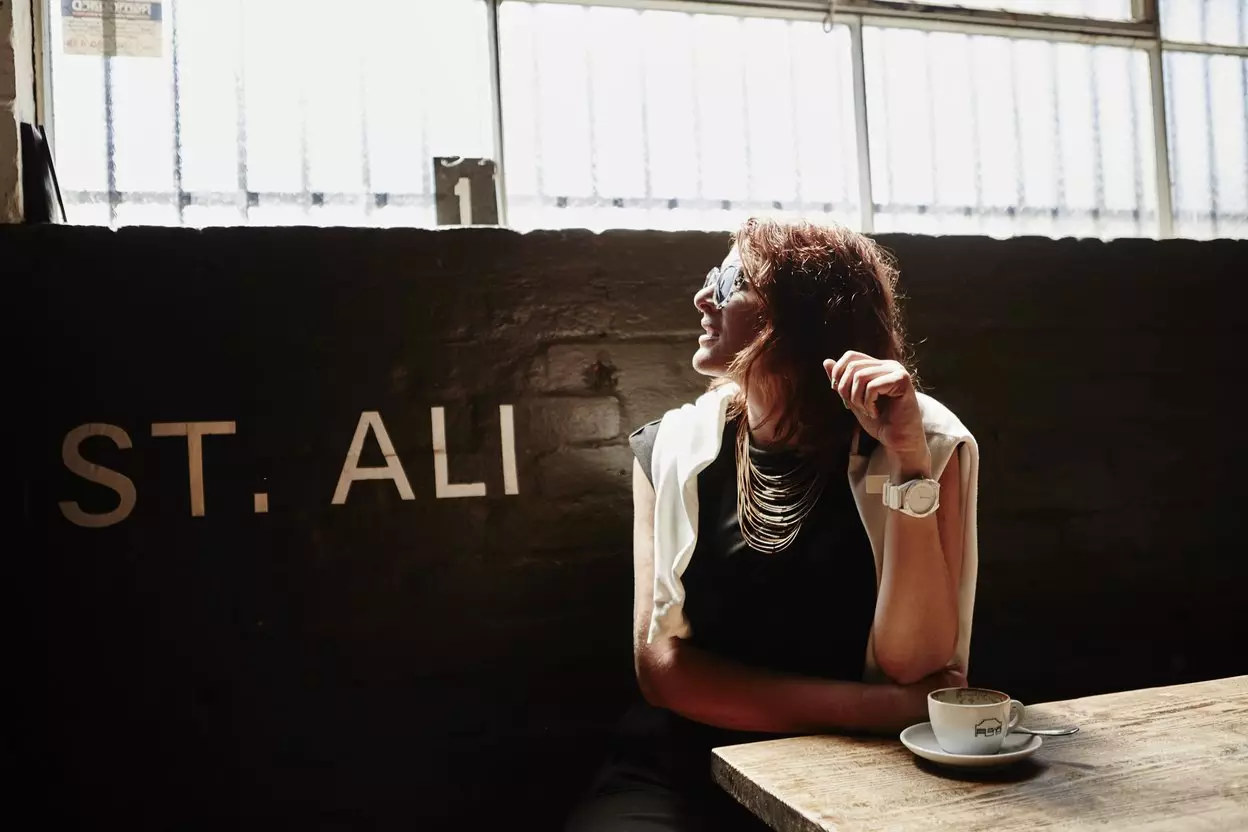
From 'snob' to a native of coffee love in the city
**In 1999 specialty or select coffee did not exist in Melbourne **. But in 2005 the city became the Australian capital of coffee and a trendsetter for the rest of the world. Today Melbourne is considered by many to be the mecca of coffee. and the place to be if you have a passion for these little grains.
In recent years, coffee consumption has surpassed that of the drink par excellence of this former British colony: tea. God save the Queen!
Experts say, including pete licata , the #1 barista in the world , that it is practically impossible to ask for a cup of coffee in Melbs and make it bad. The second city, as it is known, has little to envy the well-known sydney .
You can walk through its streets adorned with graffiti, listen to the music that escapes from the corners and alleys, attend the most daring plays or try the best fusion food dishes.
And all this under the ever-changing weather, capable of offering you the four seasons in eight hours of the day. But whether the sun shines or temperatures plummet, Melbourne tastes better with a cup of coffee in hand.
The city exudes a certain toasty flavor, so much so that in March 2016 they organized the first International Coffee Expo . It has been a long way since, in 1901, the restaurant Florentine -in Bourke street- , had the first espresso machine.
Almost a hundred years later, visionaries such as Salvatore Malatesta , responsible for the cafeteria St Ali , who in his beginnings was considered a snob for wanting to create and combine different coffee beans, explore, play with flavors and processes. Today St. Ali is one of the most recognized coffee shops in all of Australia and from the world scene, thanks to his restless profile, somewhere between mad scientists and coffee addicts.
And St. Ali is not alone. In Melbourne there are hundreds of cafes that offer you more than just a cup of coffee; be it your own selections, different processes such as cold brew or more recently the nitro coffee , or initiatives as constructive as the pairing kit or courses on how to create the perfect espresso.
Many of these young -and not so many- coffee entrepreneurs have as one of their objectives that of educate the customer , without the part where it sounds tremendously pedantic. In other words, just as we are increasingly interested in learning notes about the tastes, smells and colors of wine, how they are combined with gastronomy or what their processes are (organic, etc.), it is about doing the same with the coffee.
That is why cafeterias like St. Ali offer the possibility of tastings, or coffee tastings, so that you can appreciate the different combinations of the same grain, which has been treated differently and thus, make it even clearer to the consumer what they like and what they don't.
Because yes, because Melbourne has traveled the opposite path and is comfortable on the other side of the business, on that side free from prejudice, with a dotty, experimental and inquisitive point . And if not, it is enough to recall such surprising initiatives -some would use other adjectives- such as the avolette : a coffee with milk served inside the skin of an avocado. Aha.
But most people still prefer your coffee to go in a regular mug, instead of the awkward avocado. They are not without reason. At a time when we consume a large part of our meals in a hurry, it is almost impossible to ignore the mountain of plastic and cardboard that we leave behind. It is estimated that we manufacture 500 billion disposable cups annually.
In 1998, two brothers opened a small cafe that soon exceeded all their expectations, even leading them to question the volume of waste they generated with each cup of coffee to go.
As an alternative, tested reusable paper cups that were not to the liking of the customers, who did not want to take their ceramic cups in their bag or in the car, nor the thermos, causing all the creaminess of the coffees to be lost along the way.
After four years of testing and testing, the prototype of the **KeepCup**, the first reusable barista cup, has arrived. A cup that is loved so much for its attractive colorful design in BPA-free plastic or resistant glass. as for its ecological impact.
“Feel good. Do good” , is one of the slogans of KeepCup, a company that currently leads the market for reusable cups and has paved the way for other companies such as Joco or Frank Green.
Maintaining consistency, the brand manufactures most of the pieces in Victoria, Australia, except for the rough silicone band, which is made in China, or the cork one, which comes from Portugal. They currently have operating centers in London and Los Angeles , in order to supply the demand in 65 countries in which they operate .
These are some of the amazing initiatives and projects around coffee in Melbourne. In just twenty years, the love story has been so fruitful that guides and tours are even organized to discover everything that is happening and the next flavors and inventions that will leave us with our mouths open.
